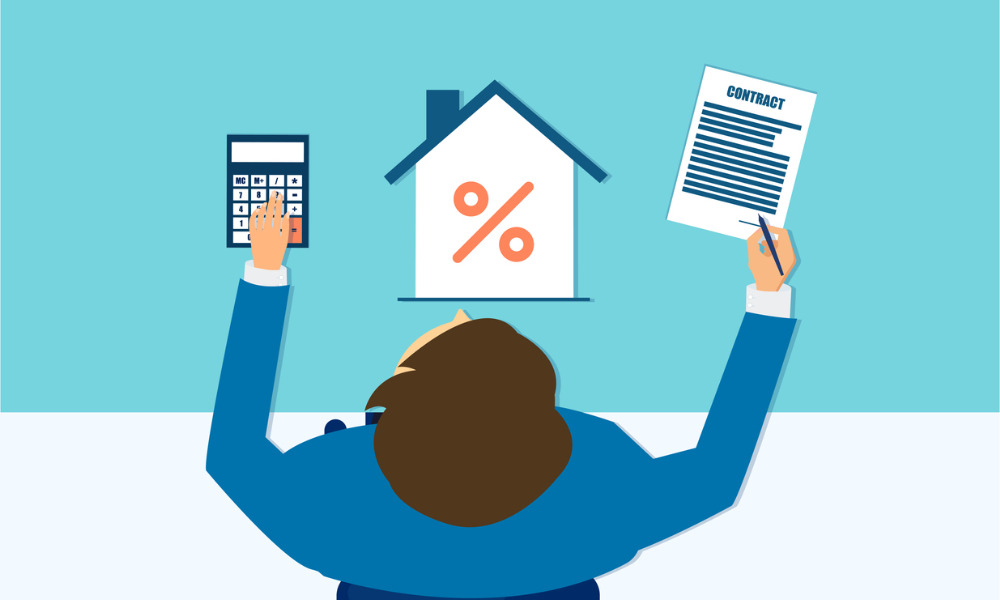The market will see the impact of expected stability in interest rates in 2024, report predicts

Canada’s winter recreational real estate market looks to have sustained strength, with prices forecast to increase by 2.9% in 2024, according to Royal LePage.
These projected gains will likely stem from the expected stability, and potential decrease, in interest rates, Royal LePage said.
Momentum from the previous year will also play a major role, as the first 10 months of 2023 witnessed surges in the single-family detached segment, particularly in Quebec’s Mont Sutton (up by 27.3% annually) and British Columbia’s Mount Washington/Comox Valley (up by 26.5%) regions.
In the recreational condo sector, Mont Sainte-Anne in Quebec stood out with a robust 83.4% year over year price increase.
Royal LePage said that despite flagging activity levels, these markets benefited from a diverse range of property styles and price points, coupled with a scarcity of inventory.
“Although recreational real estate markets vary greatly from one region to the next, activity on the whole in Canada’s winter recreational communities has noticeably slowed,” said Pauline Aunger, broker of record at Royal LePage Advantage Real Estate.
“Annual sales are down in most regions and inventory has climbed modestly as the market continues to regain balance. This has not, however, translated to steep price declines in a majority of markets. While the rising cost-of-living has had an impact on demand for recreational real estate, prices have remained stable due to relatively low supply and sellers’ capacity to hold out for a desirable deal.”
Real estate agents report that the demand for recreational homes has surged since the COVID-19 pandemic began. https://t.co/VVCb9kI71O#mortgage #mortgageinsights #mortgagemarket #housingdemand
— Canadian Mortgage Professional Magazine (@CMPmagazine) April 4, 2023
Aunger said that overall market activity is trending back towards historical norms, retreating from an “unprecedented” pandemic-era increase in activity.
“In addition to a return to normal work and social routines, today’s elevated interest rate environment has exacerbated this cooldown, as consumers are more concerned about mortgage expenses and the overall economy, including those shopping in high-end recreational markets,” Aunger said.



